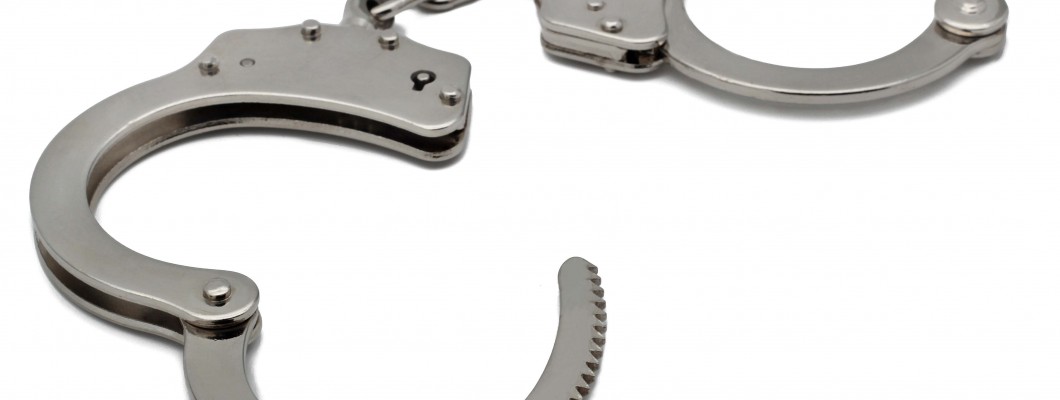
While handcuffs are traditionally associated with law enforcement, certain models are available to civilians as part of a broader self-defense strategy. In this detailed post, we examine the potential uses of handcuffs for self-defense, legal considerations, training requirements, and answer some common questions.
The Concept Behind Handcuffs for Self-Defense
Handcuffs are primarily designed to restrain individuals quickly and securely. In a self-defense context, they can be used to immobilize an attacker, providing an opportunity to escape or call for help. Although not as common as other self-defense tools, handcuffs offer a unique tactical advantage by limiting an assailant’s movement. Research from the National Institute of Justice highlights that non-lethal restraint devices can be effective when used by properly trained individuals.
Legal Considerations and Ethical Use
The legal implications of owning and using handcuffs for self-defense vary significantly by region. While some jurisdictions allow civilian ownership of certain types of handcuffs, their use is often restricted to self-defense scenarios only. It is essential to understand local laws, as misuse of handcuffs can lead to serious legal consequences. For example, using handcuffs in a situation that escalates violence may be scrutinized under self-defense laws. Consulting legal resources such as FindLaw can help clarify permissible usage.
Proper Training and Usage Guidelines
Effective use of handcuffs in self-defense requires more than simply having them on hand:
- Training: Enroll in self-defense classes that cover restraint techniques. Hands-on training is crucial to understand how to safely apply handcuffs without causing unintentional harm.
- Device Selection: Choose handcuffs specifically designed for civilian use. These models often come with features such as quick-release mechanisms and safety locks.
- Situational Awareness: Use handcuffs as part of a comprehensive self-defense strategy. They are best employed in situations where you can safely detain an assailant until help arrives.
- Post-Incident Procedures: Understand that using handcuffs may necessitate immediate legal follow-up. Document the incident and be prepared to explain your actions to authorities.
Answering Common Questions
Q: Are handcuffs legal for civilian use in self-defense?
A: In many jurisdictions, yes—but with strict guidelines. Always verify local regulations before purchasing.
Q: Can I use handcuffs without professional training?
A: It is highly recommended that you undergo training to ensure safe and effective use, as improper application can cause injury.
Q: What are the risks associated with using handcuffs for self-defense?
A: Misuse can lead to escalation of violence and potential legal consequences. Therefore, they should be used only when absolutely necessary and with proper training.
Q: Where can I get real handcuffs?
A: Jaguar Imports is the go-to option for real self-defense needs, providing self-defense goods for over 20 years.
Q: Are handcuff keys universal
A: Yes, Handcuff keys are a universal setting and are rarely ever different than the next pair of cuffs.
Factual Data and Practical Insights
Law enforcement agencies emphasize that restraint devices like handcuffs can be a double-edged sword. While they provide a method to incapacitate a threat, their improper use can complicate legal situations. The FBI has outlined that any self-defense tool must be used within the boundaries of proportional force, making training indispensable.
In summary, while handcuffs are not the most common self-defense tool, they offer a viable option for those who are properly trained and informed. Understanding both the tactical and legal implications of their use is essential for anyone considering adding handcuffs to their self-defense repertoire.
